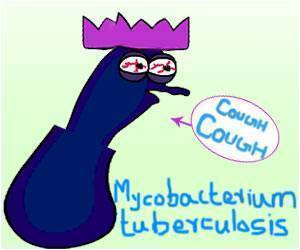COVID-19 antibody tests, even rapid finger pricks are found to be effective, finds a new study. The litmus test screening methods helps provide reliable and inexpensive alternatives in patient care settings.

‘The litmus test screening methods helps provide reliable and inexpensive alternatives in patient care settings.
’





"For a long time, people were very worried that people with mild COVID did not make immune responses," says Charles Schuler, M.D., a clinical assistant professor of allergy and immunology at Michigan Medicine. "This should give people confidence that the tests that are available to them aren't just random number generators. They're actually giving them something useful."The findings also indicate that rapid screens can predict infection with nearly the same precision as antibody tests conducted in a lab. Schuler, who led the research team, says the results could prove very useful for providers.
"I was actually surprised at how well some of these tests did because it's a very different experiment," Schuler says. "[If you have] a patient at a clinic that does not have a lab on site, we can find out if you had COVID before and we can do it now and we can do it at low cost."
The team examined lateral flow assays, which Schuler describes as modern litmus tests: A drop of blood or serum is placed on filter paper that changes color to indicate whether antibodies are present.
Researchers then compared three rapid screens taken by finger pricks or blood draws in point-of-care settings to serology tests assessed in a lab. They examined data from 512 patients, of which 104 had a history of COVID-19 and a positive PCR test.
Advertisement
"I think the FDA has done a nice job regulating bad tests out of the market," Schuler says. "These are still accurate in a point-of-care setting...[so], you've got a test that can be taken to different parts of the world and can be done without the need for a higher-complexity lab setting."
Advertisement
"It's important to vaccinate everyone," he says. "But, if you can direct vaccines to people, in particular, who may be totally unprotected, something like this would be useful. I do think more data is needed to say that from a policy perspective."
The study population is limited, raising some questions about how the data can be generalized. Almost 90 percent of test subjects are health care workers, many providing direct care for COVID-19 patients.
However, Schuler's team will continue evaluating the subjects with a new focus. Some recent studies indicate antibodies may persist and offer protection for several months. Schuler hopes to make that answer more concrete.
"This is a down payment on, hopefully, a lot of great future data" he says. "While antibodies may or may not tell you how immunity happens, they might tell you about reinfection risk. That is the functional clinical significance that we need to know as soon as possible."
Source-Eurekalert















